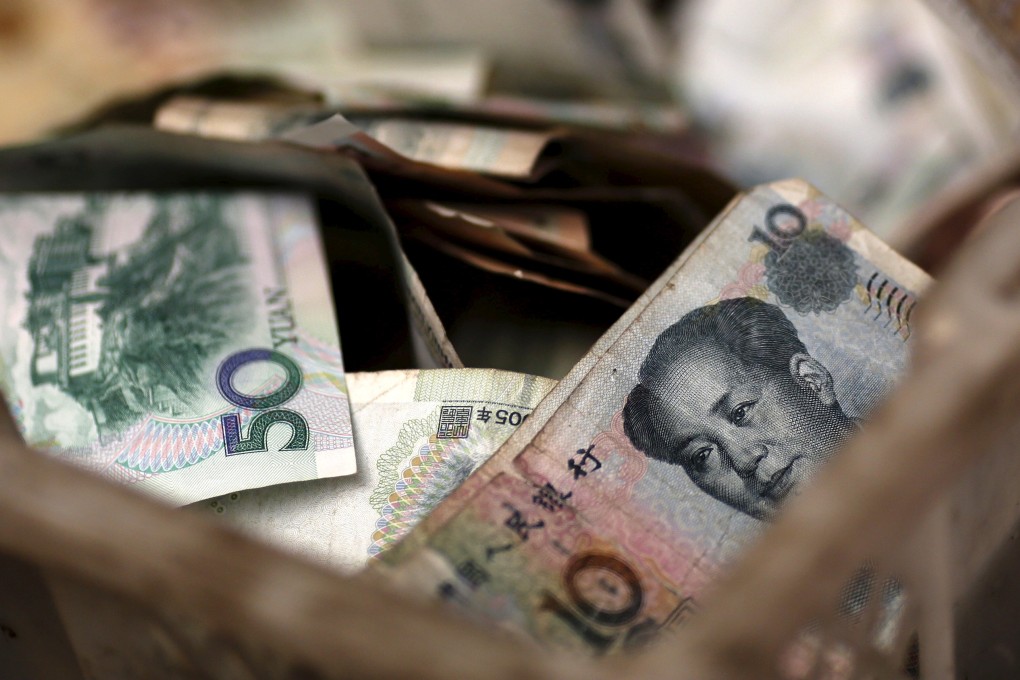Opinion | China must not backtrack on capital account liberalisation
Hu Shuli says the government must manage the risks involved and allow liberalisation to go hand in hand with other financial reforms

China is taking solid steps to open up its capital account, while easing control on its interest rates and currency exchange. The question now isn't how fast it can liberalise, but how to avoid the potential pitfalls of a more open system and how the process may spur wider reforms.
An open capital account will allow Chinese citizens and foreigners alike the freer movement of their assets and investments, and the free exchange of currencies.
Chinese leaders are determined to speed up the pace of liberalisation. In the government work report in March, they pledged to work towards full convertibility of the renminbi, a promise reiterated by People's Bank of China governor Zhou Xiaochuan . Zhou said the regulator has also been working to facilitate personal investments in and outside China; further open its capital market to global investors; and, revamp the regulation of foreign exchange.
These efforts are especially timely, as the International Monetary Fund could begin informal discussions as early as next month on China's application to include the renminbi in the special drawing rights, the IMF's composite currency unit.
The need for liberalisation was recognised early on. In 1993, the Communist Party's 14th Central Committee proposed to gradually allow the free exchange of the renminbi. Nevertheless, any such plans were scuttled by the Asian financial crisis that erupted several years later. The 16th committee renewed the pledge in 2003 and, a decade later, the 18th committee declared an all-out push to open up the capital markets under a sound regulatory regime.
Typically, a country takes seven years to open up its capital account after removing controls on its current account. For China, the lag is already 20 years and counting. The main reason is the snail's pace of Chinese reforms.
Chinese officials point out that China has already met at least partial or basic convertibility on more than 70 per cent of the criteria set out by the IMF. But much of the controls on the capital market remain intact.
